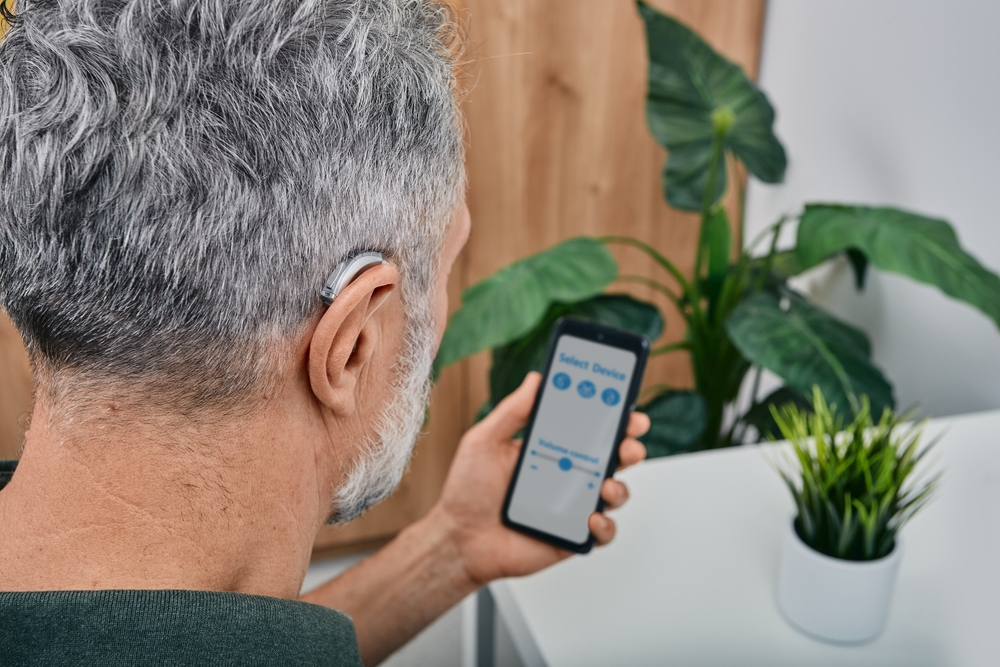
Socializing with friends and family and interacting with co-workers can be negatively influenced by even slight hearing loss, and this also includes everyday activities like shopping. But transformative changes can be brought about by the use of correctly tuned hearing aids.
Ten reasons why you should consider hearing aids
Although enhancing hearing is the evident and primary advantage of hearing aids, their positive effect goes far beyond that. Let’s investigate the comprehensive advantages that using hearing aids can provide.
Improved relationships and communication
Personal relationships rely on the ability to communicate clearly. Relationships can be strained when hearing loss causes missed communication. Hearing aids allow you to fully participate in conversations, enhancing your ability to connect with others and decreasing feelings of separation or frustration.
Enhanced independence
Untreated hearing loss results in barriers in communication causing tasks like buying groceries to become challenging. Hearing aids empower you to navigate these situations independently by increasing your ability to hear and understand speech in a variety of environments. This increased independence extends to activities like driving, where improved situational awareness leads to safer experiences.
Prospect of higher income
Reliable communication is key when you’re dealing with professional situations. Untreated hearing loss can hinder your ability to engage in meetings or discussions fully, potentially impacting job performance and career development. By using hearing aids, you can remain engaged and alert, enhancing your productivity and opening doors to career opportunities.
Discomfort from tinnitus can be reduced
Hearing loss is frequently accompanied by tinnitus symptoms or ringing in the ears. Many people find that using hearing aids helps mask tinnitus sounds, providing relief and improving overall comfort.
Cognitive decline can be mitigated
Some research has revealed a connection between untreated hearing loss and cognitive decline, including dementia. It’s possible that using hearing aids to treat neglected hearing loss can reduce the chance of cognitive impairment and help sustain the overall health of the brain.
The enjoyment of music
Hearing loss can distort the perception of music, making it less pleasurable. Hearing aids replenish the fullness and depth of musical sounds by compensating for frequency gaps, allowing you to rediscover the excitement of listening to your favorite songs.
Increased confidence
Whether you’re in a social or professional situation, being able to hear better will give you greater confidence. Your overall quality of life will be improved and you will feel more capable when you can communicate better.
Increased energy levels
Neglected hearing loss forces the brain to work overtime to fill in missing sound which can be mentally draining. Hearing aids decrease this strain, giving you mental relief and allowing you to enjoy activities without feeling continuously tired.
Awareness and safety can be enhanced
Whether you’re driving a vehicle or crossing the road, being aware of your environment is a vital part of safety. Environmental sounds can be restored by hearing aids, ensuring that your reaction to things like alarms and approaching vehicles is safe and appropriate.
Setting a positive example
Embracing hearing aids demonstrates a practical approach to health and well-being, setting a positive example for others dealing with similar difficulties. It inspires people around you by revealing a commitment to personal improvement and growth.
Get your hearing checked today
While the main advantage of hearing aids is to boost auditory perception, the ripple effects on other facets of life are powerful. Hearing aids are a positive step to an improved quality of life, whether that means increased independence, stronger cognitive health, improved relationships, or a mix of these.
Take the first step towards better hearing today by scheduling a hearing assessment with us.